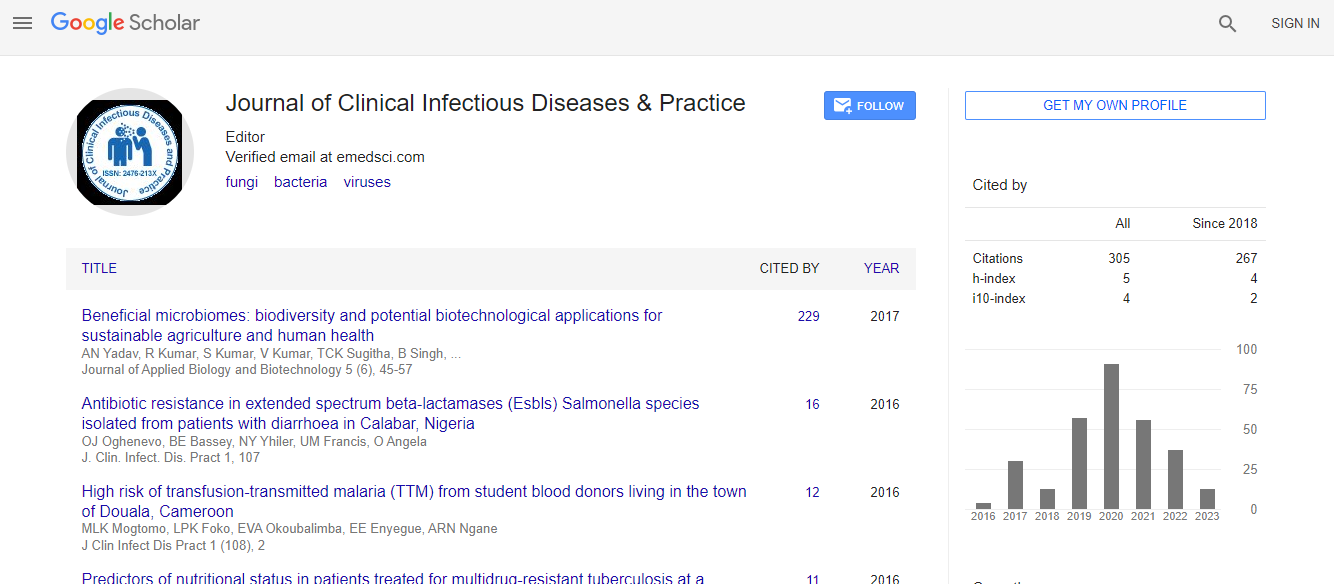Current Opinion of Congenital CMV Transmissions, Clinical Manifestation Treatment, and Prevention
*Corresponding Author:
Copyright: © 2020 . This is an open-access article distributed under the terms of the Creative Commons Attribution License, which permits unrestricted use, distribution, and reproduction in any medium, provided the original author and source are credited.
Abstract
Congenital cytomegalovirus (CMV) infection is the most common congenital infection with a high burden of disease globally. Epidemiologically the seroprevalence of CMV infection in adults are varied between country and country. However, the seroprevalence of CMV in adults and the incidence of congenital CMV infection are highest in developing countries. Congenital CMV infection is one of the causes of hearing, cognitive, and motor impairments in newborns. The standard laboratory test for diagnosing and confirmatory test of congenital CMV infection is polymerase chain reaction (PCR) from the sample collected from saliva 3 hours after breastfeeding and urine sample. It is recommended to treat all infants with moderately to severely symptomatic at a time of delivery and infants with hearing loss. The dose for oral valganciclovir treatment is recommended to be 16 milligrams per kilogram twice a day for six months and 12 milligram per kilogram twice a day for intravenous ganciclovir. Intravenous ganciclovir should be reserved for the infant who are not able to take oral treatment. Apart from pharmacological intervention, the health education of pregnant mothers may play a key role in combating the burden of disease, especially in developing countries.

 Spanish
Spanish  Chinese
Chinese  Russian
Russian  German
German  French
French  Japanese
Japanese  Portuguese
Portuguese  Hindi
Hindi 
